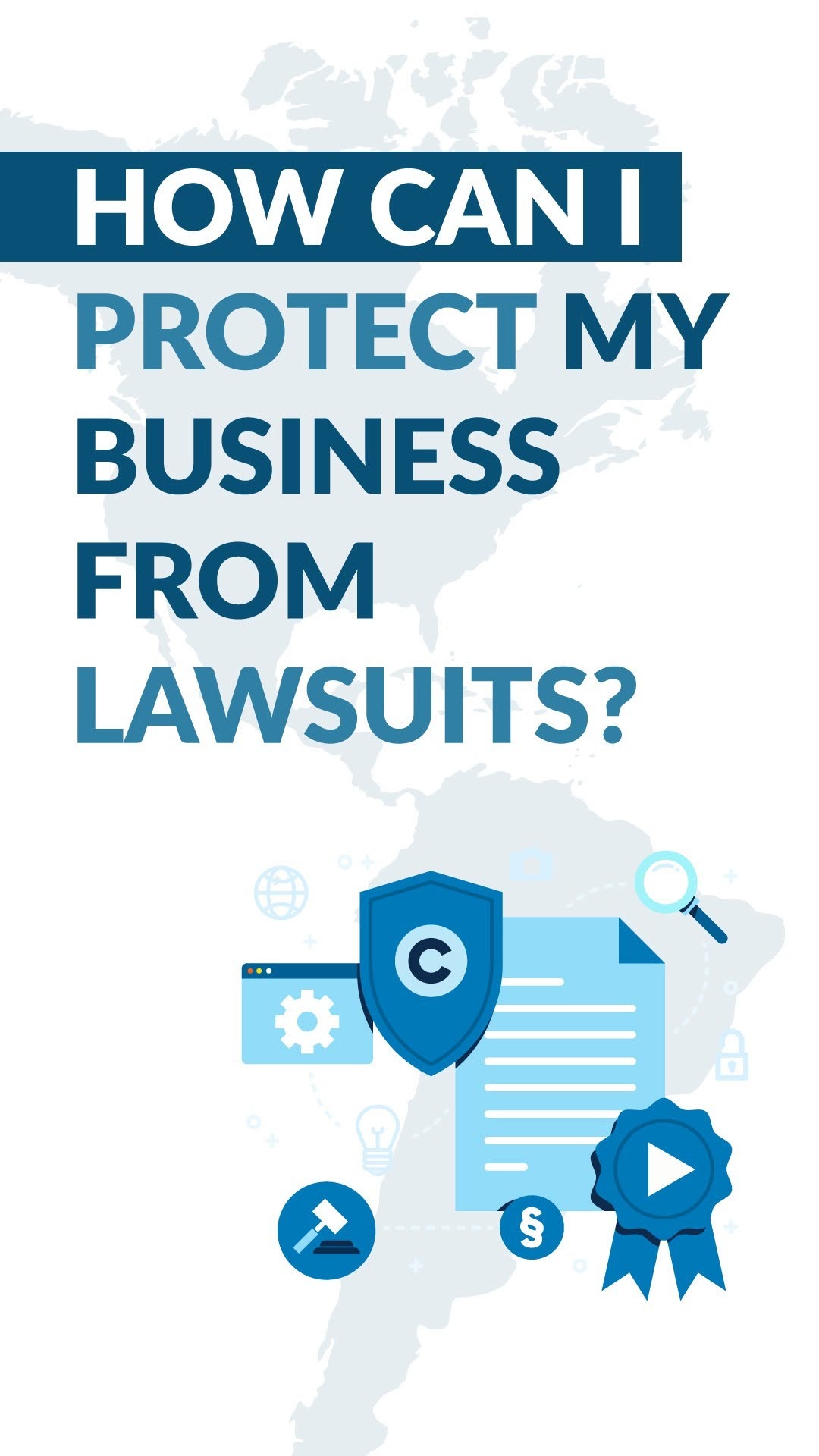

Since 2010, the Global Law Experts annual awards have been celebrating excellence, innovation and performance across the legal communities from around the world.
posted 5 months ago
Identifying key stakeholders and formulating robust decision-making processes is pivotal to the effective operation of a family office. Stakeholders may include family members, external advisors, regulators, investment partners, and other involved parties.
This sub-section delves into the methods for identifying key stakeholders and structuring decision-making processes to ensure alignment with the family’s values and objectives.
1. Family Members: Identifying the family members who will be actively involved in the family office is vital. This includes determining their roles, responsibilities, and decision-making authority.
2. External Advisors and Partners: Collaborating with lawyers, accountants, financial planners, investment managers, and other professionals requires clear delineation of their roles and expectations.
3. Regulatory Authorities: Compliance with legal and regulatory requirements necessitates understanding the obligations towards regulatory authorities and maintaining an open line of communication.
4. Investment Partners and Counterparties: Identifying and managing relationships with investment partners, banks, and other counterparties is key to the family office’s investment strategy.
1. Establishing Family Governance: Creating a family governance structure helps in defining roles, responsibilities, and decision-making processes. This includes forming family councils, committees, or other bodies that oversee various aspects of the family office.
2. Conflict Resolution Mechanism: Implementing mechanisms for resolving conflicts among family members ensures smooth operation. This includes creating a family constitution or agreement that outlines the processes for addressing disagreements.
3. Educating Family Members: Providing education and training to family members about their roles and responsibilities enhances their capability to participate effectively in decision-making.
Decision-making Processes
1. Strategic Decision-making: Outlining the processes for making long-term strategic decisions such as investment policy, risk management, succession planning, etc., is crucial.
2. Operational Decision-making: Creating clear guidelines for making day-to-day operational decisions, such as budgeting, hiring, vendor selection, ensures efficiency.
3. Investment Decision-making: Defining the procedures for investment decisions, including due diligence, risk assessment, approval mechanisms, ensures alignment with the family’s investment goals.
4. Emergency Decision-making: Formulating a plan for making quick decisions during emergencies or unforeseen events is essential to mitigate potential risks.
5. Use of Technology in Decision-making: Leveraging technology tools like decision support systems, data analytics can enhance the decision-making process by providing insightful information.
Building Trust and Transparency
1. Communication Strategy: Establishing open and transparent communication channels among all stakeholders fosters trust and collaboration.
2. Reporting and Monitoring: Regular reporting to stakeholders and monitoring of performance against objectives ensures accountability and alignment with goals.
3. Ethical Considerations: Adhering to ethical principles and corporate governance standards enhances the credibility and reputation of the family office.
Managing Relationships with External Stakeholders
1. Vendor Management: Structuring agreements with external vendors, such as investment managers, legal advisors, requires careful consideration of terms, performance metrics, and alignment with the family’s values.
2. Regulatory Compliance: Managing relationships with regulatory authorities through compliance with rules, reporting, and engagement ensures a hassle-free regulatory environment.
3. Community and Social Responsibility: Recognizing the family office’s responsibility towards the community and society, and aligning with social responsibility initiatives, enhances the family’s legacy.
Identifying key stakeholders and structuring decision-making processes is an intricate and essential task in evaluating the feasibility of a family office.
The alignment of stakeholders’ interests, transparent communication, robust decision-making structures, and adherence to ethical principles are foundational to the successful operation of a family office.
Ensuring these elements are in place contributes to a harmonious, efficient, and resilient family office that can adapt to changing circumstances and continue to serve the family’s needs and aspirations.
For more in-depth information you can consult my latest book «The Global Manual for Family Offices», Volume 2, Chapter 7.2.4, Pg. 53.
Author
No results available
posted 14 hours ago
posted 19 hours ago
posted 2 days ago
posted 3 days ago
posted 3 days ago
No results available
Find the right Legal Expert for your business
Global Law Experts is dedicated to providing exceptional legal services to clients around the world. With a vast network of highly skilled and experienced lawyers, we are committed to delivering innovative and tailored solutions to meet the diverse needs of our clients in various jurisdictions.

When your international business faces financial distress, quick action is key! 🔑 Negotiating with creditors, restructuring debt, and understanding insolvency laws can help regain stability. Global Law Experts is here to guide you through your options.
🌍Explore the details on our website.
🔗Link in bio
#GlobalLawExperts #CommercialLaw #BusinessLaw #LegalAdvice #BusinessGrowth #LegalTips #BusinessStrategy #LegalCompliance #Law #LegalKnowledge #LegalAwareness #Law101 #LegalEducation #IntellectualProperty

Running a business is hard enough — lawsuits shouldn’t make it harder. 🚫 Protect your business with the right legal strategies and expert tools from Global Law Experts. Let’s secure your future together! 💼
🌍Explore the details on our website.
➡️www.globallawexperts.com
#GlobalLawExperts #CommercialLaw #BusinessLaw #LegalAdvice #BusinessGrowth #LegalTips #BusinessStrategy #LegalCompliance #Law #LegalKnowledge #LegalAwareness #Law101 #LegalEducation #IntellectualProperty #Infringed #Ecommerce #LegalBranding

Using NRIC numbers as passwords or identity proof? That era is done. Strengthen your security with multi-factor authentication and biometrics—because your clients' trust depends on it.
#SingaporeLaw #DataPrivacy #CyberSecurity #PDPA #NRIC #MFA #StrongAuthentication #LegalCompliance #ClientTrust

Swiss law protects secured lenders—with precision. From real estate to IP and bank accounts, every asset counts—just as long as it’s defined, documented, and delivered.
#SwissLaw #SecurityInterest #Collateral #InternationalLending #SwissFinance #LegalCompliance #GlobalBusiness #AssetSecurity

Gold trading in Saudi Arabia isn’t just a business—it’s a lab test, a permit, and a legal tightrope. Want to succeed? Start with compliance, hallmarking, and permits—or risk losing it all.
#GoldTrading #SaudiLaw #PreciousMetals #BusinessSetup #LegalCompliance #GlobalBusiness #SaudiArabia #TradeRigour

Second citizenship isn’t permanent—especially if you break the rules. Know the risks and how to safeguard your status: be transparent, stay lawful, and honour all citizenship requirements.
#SecondCitizenship #CitizenshipRisks #DualNationality #Compliance #GlobalMobility #LegalAdvice #ImmigrationLaw

Send welcome message